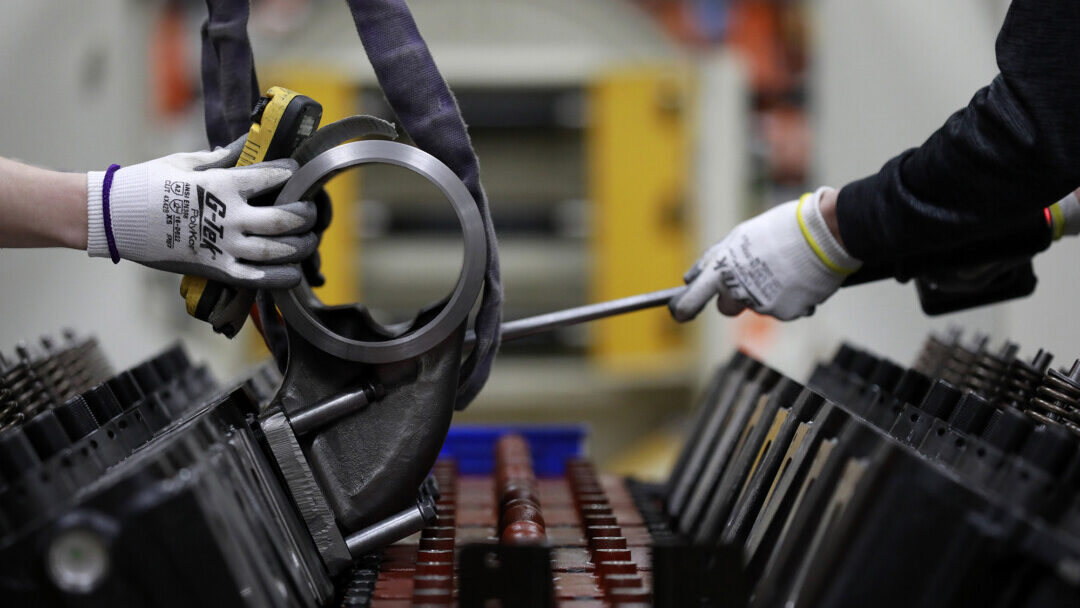Indiana records lowest-ever nonfatal occupational injury and illness rate
INDIANAPOLIS (INDIANA CAPITAL CHRONICLE) — Fewer than three out of 100 full-time Hoosier workers got hurt or sick on the job last year, according to a federal survey released Friday. It’s Indiana’s lowest rate since data collection began in the early ’90s.
The 2.6 nonfatal occupational injury and illness rate is down from 2022’s rate of 2.9. But it is slightly above the national average of 2.4, according to a U.S. Bureau of Labor Statistics (BLS) news release.
Indiana leaders celebrated, ascribing the drop to safety protocols.
“These decreasing rates show how employers across the Hoosier state realize the importance of safety training and its impact in the workplace,” Indiana Department of Labor Commissioner David Redden said in a Monday news release. “We encourage all businesses to continue to follow (Occupational Safety and Health Administration) safety standards and take advantage of continual safety education for all workers.”
Nine industries recorded decreased nonfatal injury and illness rates compared to 2022, according to the state agency’s website. Among them were health care and social assistance, manufacturing, transportation and warehousing, and utilities.
Seven industries had higher rates than in 2022, like agriculture, arts and entertainment, education, local government and state government.
Indiana’s lower injury and illness rate was part of a national trend downward.
The BLS said the country’s decreases were driven by a 57% drop in illnesses: from 45.2 per 100 workers in 2022 (and higher rates in the previous two years) down to 19 per 100 workers in 2023. States recorded high illness levels during the onslaught of the Covid-19 pandemic.

But Hoosier workplace injuries and illnesses have also been on a downward trend since the ’90s.
When the U.S. Bureau of Labor Statistics began its survey in 1992, Indiana’s rate was 11 injuries or illnesses per 100 full-time workers. The state reached a high of 11.3 in 1994. Since then, the rate has decreased by 77%.
